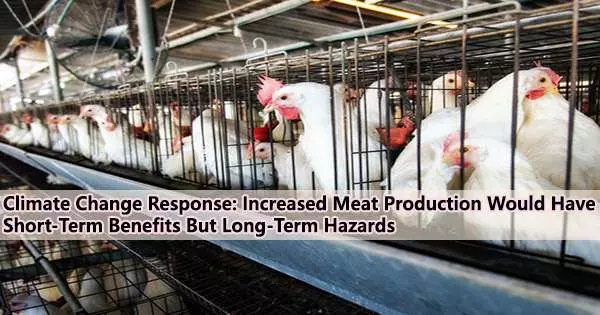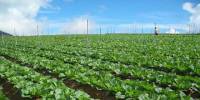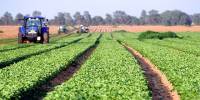According to a new analysis published in the journal Science Advances, countries will need to increase the efficiency of food production as climate change threatens the world’s food supplies. This will have short-term benefits like lessened deforestation but long-term risks like pandemics caused by animal-borne diseases.
Increasing meat output through more effective methods, such as factory farming, which confines animals in small spaces and increases the risk of the spread of zoonotic illnesses like avian influenza, is at the heart of this current and predicted “intensification” of agriculture.
“As long as meat consumption continues to rise globally, both climate change, from deforestation and methane, and pandemics will likely continue to rise,” says Matthew Hayek, an assistant professor in New York University’s Department of Environmental Studies and the author of the analysis, which reviews more than 100 articles studying the effects of intensifying animal agriculture on the environment and on zoonotic diseases infectious diseases that come from animals.
Researchers have determined that nations would need to produce more food than ever before, and more effectively, as the climate heats. The agriculture sector has implemented “intensification” strategies, which involve boosting productivity while using additional “inputs” such equipment, hormones, and antibiotics, to meet these present and future demands.
As long as meat consumption continues to rise globally, both climate change, from deforestation and methane, and pandemics will likely continue to rise.
Matthew Hayek
Hayek’s Science Advances analysis demonstrates that intensification can, in the short term, reduce animal feed requirements and land consumption since animals kept in intensive facilities instead of grazing on open land are sedentary and gain weight as quickly as feasible.
By separating them from frequent human interaction, this can lessen deforestation, support the preservation of wild animal habitats, and act as a protective barrier against diseases transmitted by those wild animals.
Yet, diseases that originate in domesticated animals can spread faster due to intensification.
“This is because intensive production facilities confine animals close to each other,” explains Hayek. “This confinement, most typically used for pigs and chickens, allows diseases to quickly spread and mutate rapidly between many thousands of animals in one facility.”
More specifically, the Science Advances investigation found that raising chickens increases the risk of diseases like avian influenza (“bird flu”) and antibiotic-resistant bacteria by requiring three times as many antibiotics and 170 times as many animals to produce the same amount of meat as raising cattle.
“Therefore, although shifting meat consumption from beef to chicken can benefit the climate,” Hayek says, “it could hasten the spread of costly, potentially pandemic diseases.”
“Meat consumption creates a ‘trap’ of disease risks: extensive ‘free-range’ production that requires wildlife habitat clearing on one hand or intensive animal confinement on the other,” concludes Hayek.
“To prevent both climate change and costly pandemics in tandem, we should rapidly reduce meat consumption as well as support forest protections and better farmed animal health through veterinary services. Policies can help accelerate the shift to plant-rich options by changing our food landscape: making plant-based choices easier to access, more affordable, and more appealing.”
















